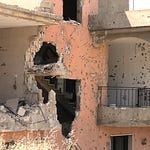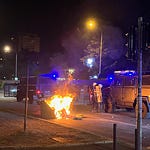Kabul Drone Strike Survivors Give First Interview in the U.S.
By Armin Ghassim
Romal Ahmadi’s voice trembles when he recalls the day of the drone strike. “All my three children ran out of the house to welcome my older brother as he returned from work. I was sitting in the living room. They ran in the courtyard and the next thing I heard was a loud explosion.”
His children were Arwin, 7, Benyamin, 6, and Aayat, 2. All of them were killed on August 29, 2021 when an American hellfire missile struck the car in their courtyard. In total, seven children and three adults were killed.
The target of the U.S. strike was the oldest Ahmadi brother, Zemarai. The U.S. military tracked him for several hours that day via a drone after they observed him filling some containers. Ahmadi was employed with an American aid organization, distributing food in Afghanistan. Every now and then he brought containers to his office to fill them up with potable water and bring them home. Then he made his way from his office back home, which was in the same direction as the Kabul Airport. When he reached his home, the drone operator fired the missile.
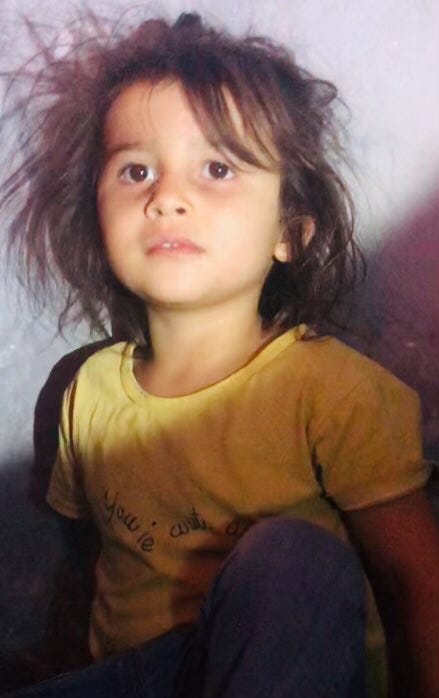
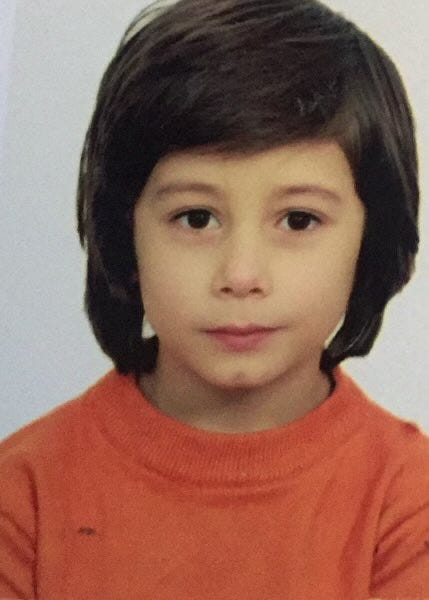
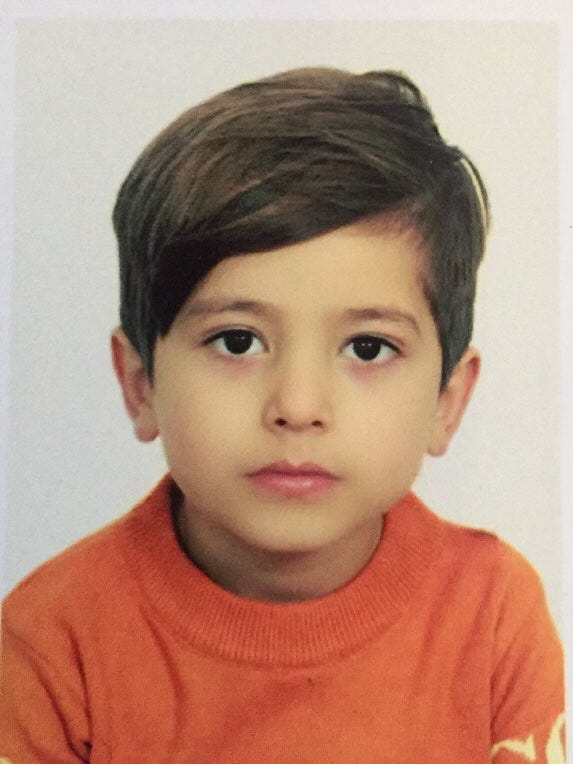

Emal Ahmadi was at the Bazar when the U.S. military struck his home. “I heard a very terrible sound, I saw that the sky is black, the smoke, and I thought that maybe it’s an accident at the airport. But unfortunately my wife called me and told me where are you? Come home, everyone is killed… My brother, my daughter, my nieces, everyone was killed, I didn’t see them again.”
Three days earlier, ISIS-K had carried out a suicide bombing at the airport killing 182 people, including 13 American soldiers. It was one of the final days of the American withdrawal after twenty years of warfare in the country, and thousands of Afghans gathered at the airport, trying to get on American evacuation planes.
After this attack, the military said it had gathered information on another imminent ISIS-K attack. When they observed Zemarai Ahmadi filling containers and driving towards the airport in a white Toyota Corolla (a model fitting with the description they had on the possible ISIS-K attack), they reached the conclusion that Ahmadi was on his way to carry out a suicide bombing at the airport.
In the days after the strike, General Mark Milley defended the attack despite the number of civilians it had killed: “The procedures were correctly followed and it was a righteous strike.” Weeks later it became more and more evident that the U.S. mistook an aid worker for an ISIS-K fighter , with a New York Times investigation proving that Zemarai Ahmadi was not an ISIS-K combatant. The Pentagon then admitted the “tragic mistake” three weeks after the attack.
In fact, his brother Emal Ahmadi had worked directly with the U.S. military and applied for evacuation to the U.S. during the Taliban takeover.
After the Pentagon admitted its mistake, it promised the family would be relocated to the U.S.,. This took more than a year, but today, several family members live in the U.S., among them Romal and Emal Ahmadi, their wives as well as one surviving child and two newborn children.
However, the U.S. government also promised what’s called a “condolence payment” to the family. Such payments are explicitly not meant as formal reparation, legal compensation, or an admission of fault, but only as an expression of condolence out of good will. To an inquiry by Drop Site News the Pentagon responded that it “continues to take steps to respond to the August 29, 2021, airstrike in Kabul.”
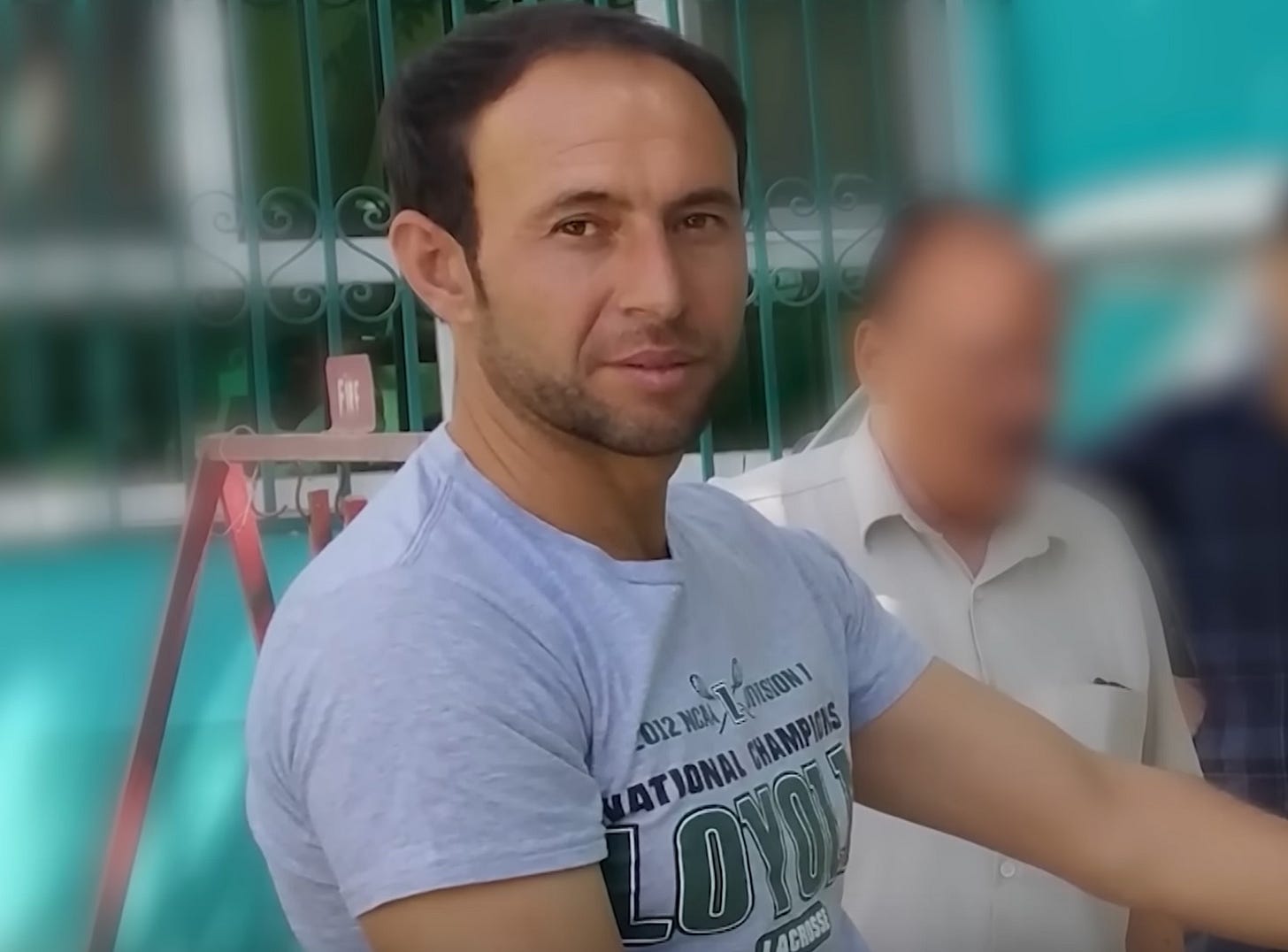
The pro bono lawyers working with the Ahmadi family told Drop Site News that their team “continues to engage in constructive and confidential discussions with the U.S. government regarding our clients."
But until today the family has not received any payment and is receiving food stamps. They told Drop Site News that they are tired of waiting. “We had to move from California to Kansas City because here it’s cheaper,” Email Ahmadi explains. “We forgive America because nothing can bring back our family now. But we expect that the U.S. government will pave a good way for us.”
Brian Finucane, a former adviser at the U.S. Department of State, and now senior adviser at the International Crisis Group, an NGO working on international conflict and its implication, told Drop Site News that “the military is insulated from domestic jurisdiction. It is very difficult to sue the government for any harm in conflict.”
Congress authorizes the Department of Defense for $3 million dollars per year of so-called condolence payments to the victims of American military operations. However, the Pentagon told Drop Site News that since 2020 only one such payment, related to a strike in Afghanistan in January 2021, has been made by the DoD. The Pentagon did not respond to a question about why so few payments have been made.
Armin Ghassim is an investigative reporter and documentary filmmaker based in Germany. His work has been awarded some of Europe's most important journalism prizes, such as the European Parliament's Prize for Journalism and the Grimme Award. Armin mainly reports on international conflict, migration, and human rights abuses.





